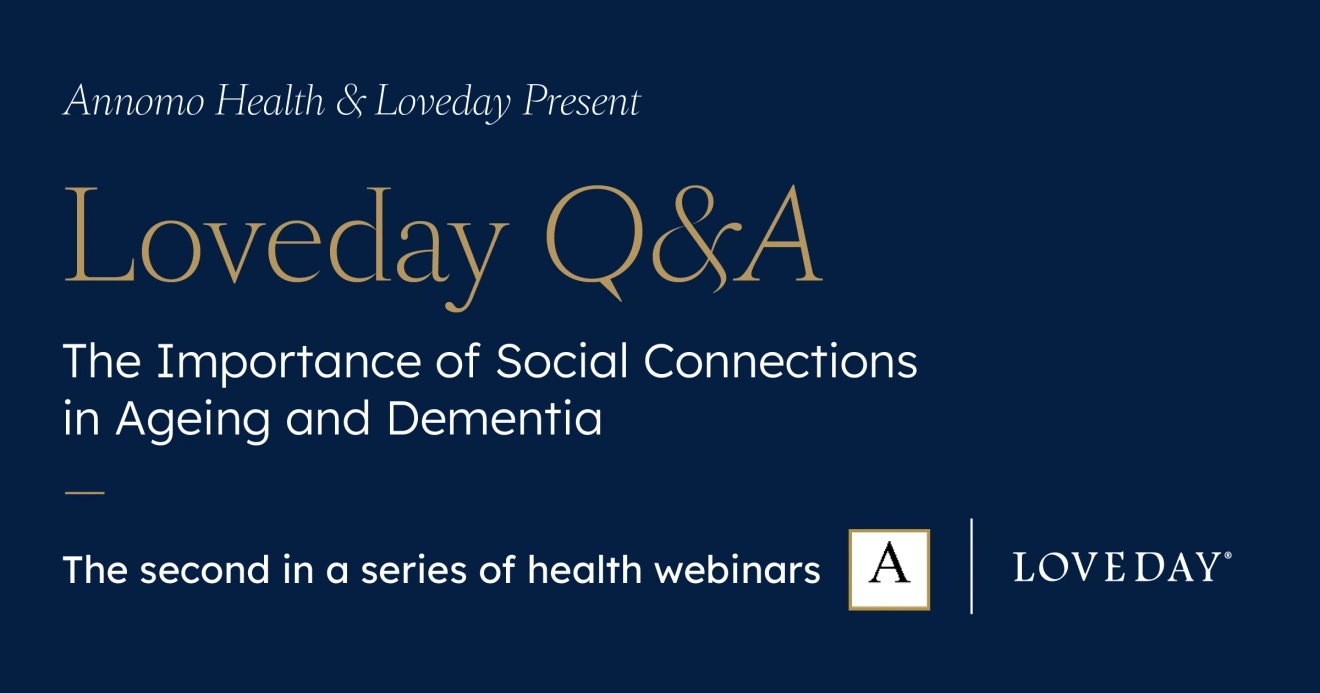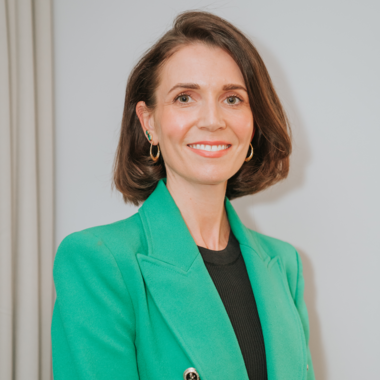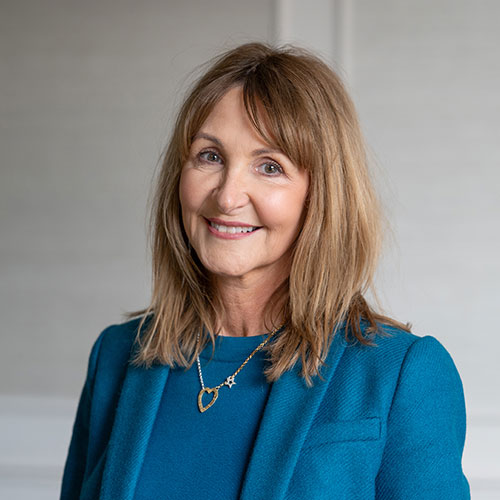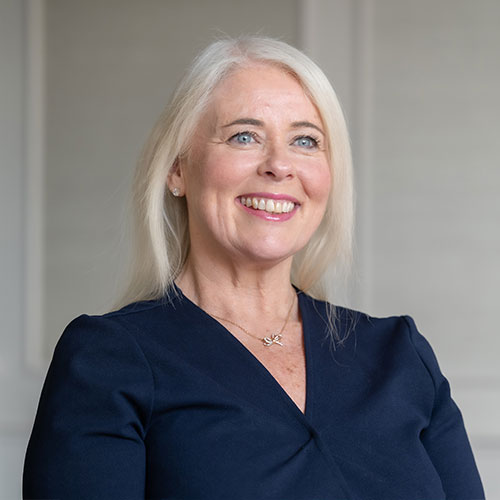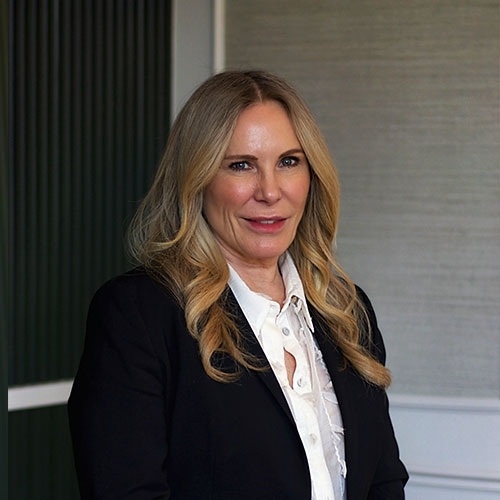Dementia is a group of progressive brain disorders that affect a person’s ability to think, reason, and remember. It is a chronic and degenerative condition that usually affects older people, although it can occur in younger people as well. The most common form of dementia is Alzheimer’s disease, but there are many other types of dementia, including vascular dementia, Lewy body dementia, and frontotemporal dementia.
The symptoms of dementia can vary depending on both the type of dementia, and the individual circumstances, lifestyle, and overall health, but symptoms commonly include memory loss, difficulty with language and communication, impaired judgment and reasoning, personality changes, and difficulty with many of the daily activities we normally take for granted. As the condition progresses, the individual may become more dependent on others for care and support.
While there is currently no cure for dementia, there are treatments and lifestyle adaptations available that can help manage the symptoms and improve quality of life.
Our experienced team has unique dementia care knowledge, meaning your loved one will receive the very best level of personalised care and support, tailored around their needs. We go Above and Beyond to understand the lives of our Members, their needs and desires, so we can plan and react to ensure their happiness and care.



